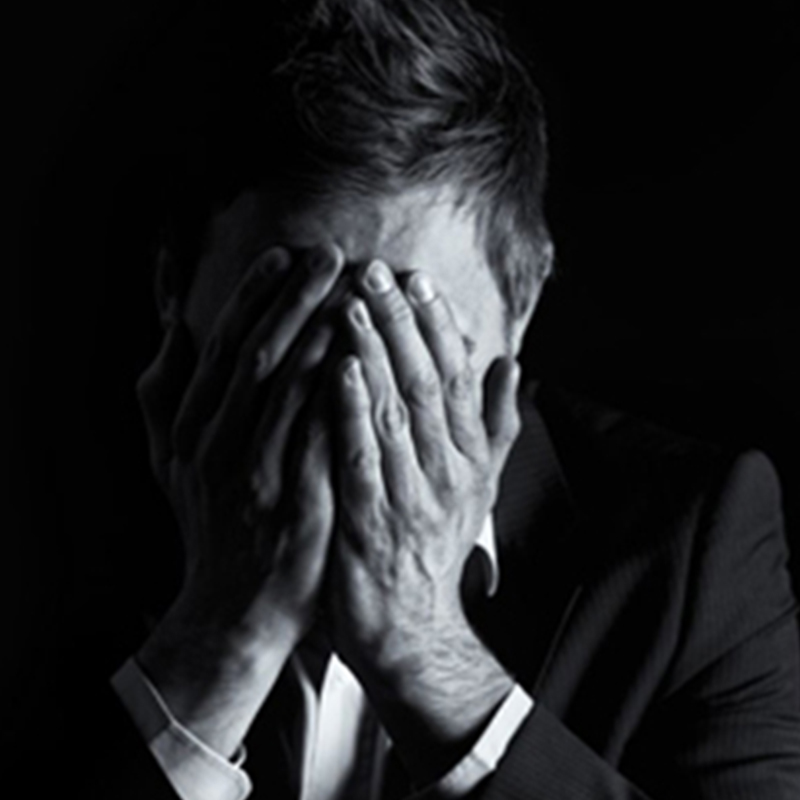
Anxiety
Anxiety is a feeling of nervousness, apprehension, fear, or worry. It is considered to be a normal reaction to a stressor. When anxiety becomes excessive, it may fall under the classification of an anxiety disorder. It is a multisystem response to a perceived threat or danger. It reflects a combination of biochemical changes in the body, the patient's personal history and memory, and the social situation.
Generalized Anxiety Disorder (GAD) is a chronic disorder characterized by excessive, long-lasting anxiety and worry about nonspecific life events, objects, and situations.
GAD sufferers often feel afraid and worry about health, money, family, work, or school, but they have trouble both identifying the specific fear and controlling the worries. Their fear is usually unrealistic or out of proportion with what may be expected in their situation. Sufferers expect failure and disaster to the point that it interferes with daily functions like work, school, social activities, and relationships.
CAUSES
Biological. Stress. Stress at work. Stress from school. Stress in a personal relationship such as marriage or friendships. Financial stress. Stress from an emotional trauma such as the death of a loved one, a natural disaster, victimization by crime, physical abuse or sexual abuse (for example, acute stress disorder or post traumatic stress disorder) Stress from a serious medical illness. Side effects of medication. Intoxication (being "high" on) with an illicit drug, such as cocaine or amphetamines Withdrawal from an illicit drug, such as opiates (for example, heroin) or from prescription drugs like benzodiazepines, barbiturates etc. Symptoms of a medical illness. Lack of oxygen: In circumstances as diverse as high altitude sickness, emphysema etc.
SYMPTOMS
- A feeling of worthlessness, helplessness
- Irritability and agitation
- Desire to cry often
- Loss of interest in daily activities
- Poor memory and concentration
- Change in sleep pattern
- Increase or decrease in appetite and weight
- Lack of energy and easy fatigue
- Thoughts of suicide or death
DO'S AND DON'TS
- Do not start MEDICINES like anxiolytics on your own. Get yourself investigated for other causes of anxiety from a qualified physician.
- Relaxation techniques, regular exercises like aerobics and yoga help relax both mind and body.
- Regular meditation is useful.
- A diet of whole grains, lean meat, fresh fruit and vegetables, low fat dairy products and vitamin B complex and selenium helps. Take plenty of carbohydrates.
- Identifying the cause of anxiety is the first step in overcoming it. Confront the cause and treat each problem separately - they will begin to appear less overwhelming. It is good to talk. Admitting you are unable to handle the problem alone may be difficult, but involving another person or a support group may be helpful. Discuss your grievances rather than bottling them up.